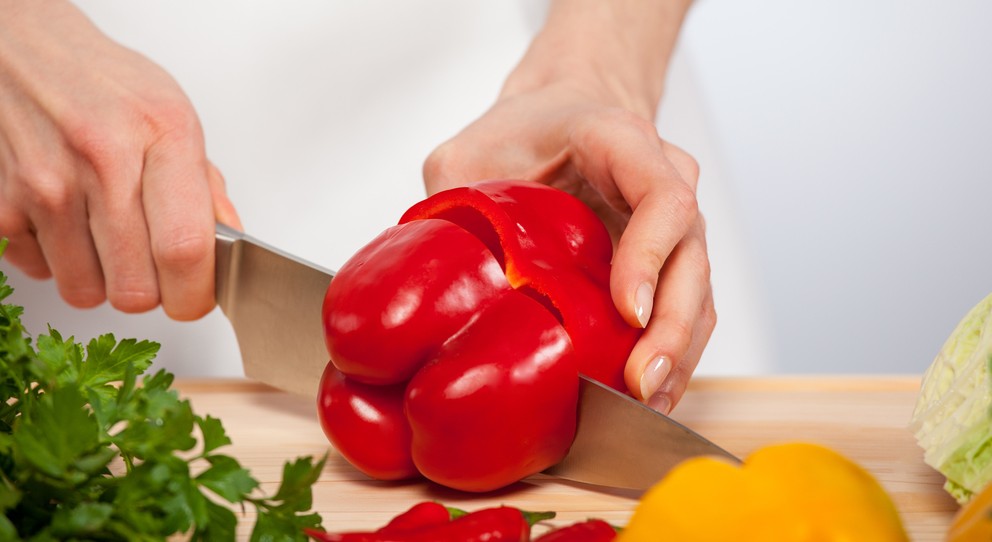It follows research showing that more than three-quarters (83%) of consumers changed how they purchased and prepared food during the first national lockdown and more than half (51%) claim to have eaten more fruit and vegetables during the period.
Hannah Pearse, head of nutrition and scientific affairs at the IGD, said: “In the lockdown, we saw the majority of consumers adopting new food behaviours, such as cooking more from scratch and spending more time preparing meals.
“Many of these new behaviours also had a positive impact on people’s diets.
“This is all hugely encouraging when it comes to ways we can support people to increase their fruit and vegetable consumption.
“We know that significant barriers remain around habit, cost and confidence.
“Our research shows four in 10 consumers think vegetables are not exciting, while almost the same number perceive healthier, sustainable diets to be more expensive and nearly six in 10 avoid buying certain vegetables because they don’t know what to do with them.
“Our research clearly demonstrates food and drink companies have a unique opportunity to act now and help consumers turn positive new behaviours into long-term changes to their diets.
“From really effective marketing and product placement to meal planning and recipe inspiration, there are lots of really practical actions businesses can take to help shift consumer behaviour.
“As an industry, we all have a role to play in helping encourage this positive behaviour and if we come together our impact will be much greater.”
The organisation has identified action the industry can take to drive behaviour change and encourage consumers to eat more fruit and vegetables.
“These include using positive language and imagery to market plant-based meals and meals containing extra vegetables, creating striking store displays of local and seasonal fruit and vegetables and inspiring consumers to swap ingredients in their favourite recipes.
The dietary information came from 2,000 UK consumers who were asked about their eating habits during September and October.
 Talking Retail Grocery and product news for independent retailers
Talking Retail Grocery and product news for independent retailers






